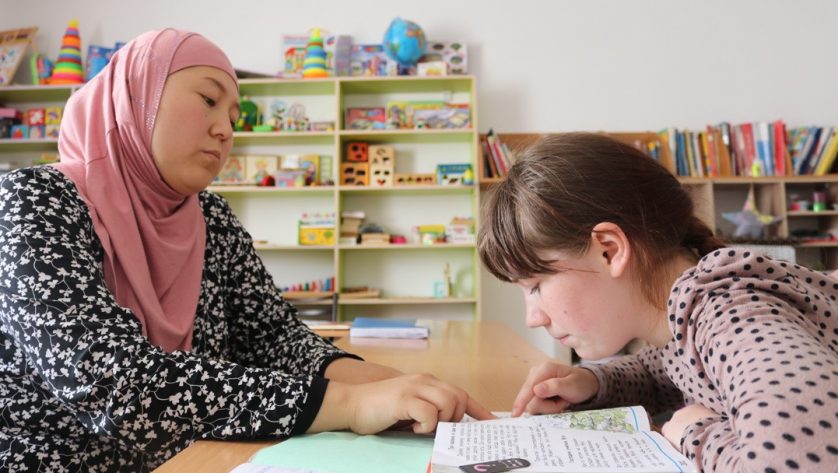An anti-migrant atmosphere
For Red Cross National Societies in Europe, maintaining this trust means walking a clear, humanitarian line in a very tense political and legal atmosphere. In northern France, police carry out regular evictions of migrant camps, dispersing the inhabitants and making them harder for aid groups to access.
“The Red Cross is a very well-known emblem and symbol of protection and so we must ensure that it is not associated with police actions,” says Florent Clouet, who coordinates migration response for the French Red Cross. “But even more importantly, we need to continually show that we are there for everyone. We treat all communities in the same manner.”
Questions about the impartiality of aid are playing out on other fronts as various forms of humanitarian and development funding (the European Union Trust Fund for Africa, for example) are largely linked to migration-management strategies that aim to prevent population movement towards Europe. Organizations that accept such funding in order to do important work could be seen as implementers of an anti-migrant agenda.
“It is critical to underline that our reason for engaging in a given humanitarian project is because there are needs, identified through a thorough needs assessment, not because of a political agenda,” Atger adds.
As humanitarian organizations navigate these new challenges, fundamental elements of treaty law (such as refugee law and the Law of the Sea, which requires ships to save vessels in distress) are being lost. Humanitatian NGOs argue that states must both respect their treaty obligations and carefully revise anti-trafficking laws in order to make clear distinctions between smuggling and acts of humanity.
“People are taking dangerous routes and enor¬mous risks because there are no legal options for them to reach the EU and seek protection,” says Atger. “We have to start treating the question of migration as a humanitarian, not a criminal, concern.”
 Red Cross Red Crescent magazine
Red Cross Red Crescent magazine 
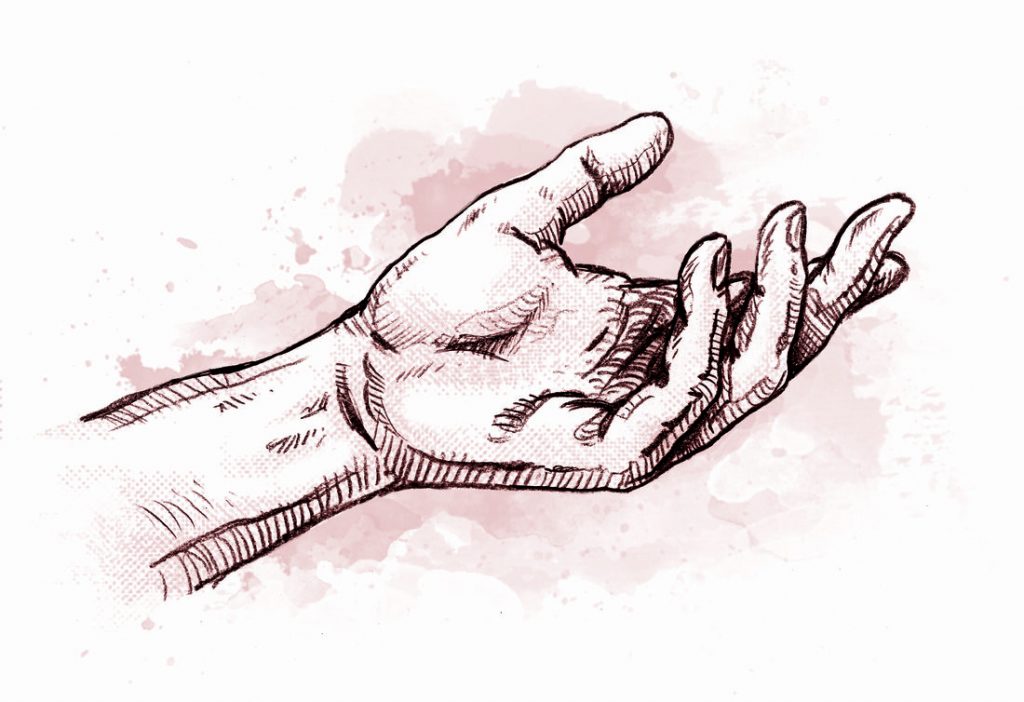
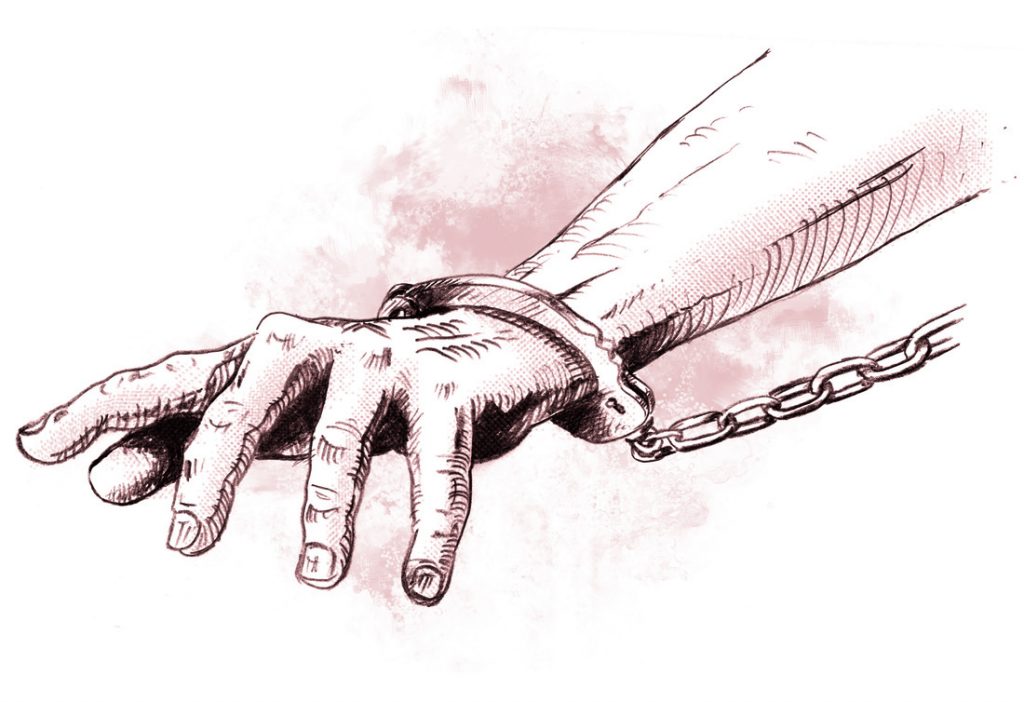
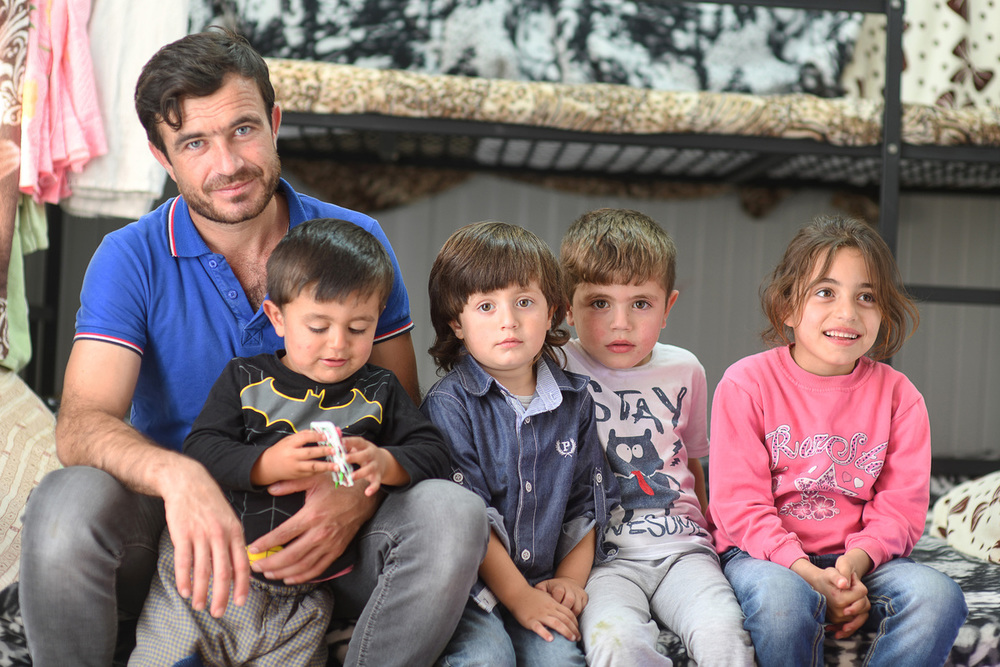
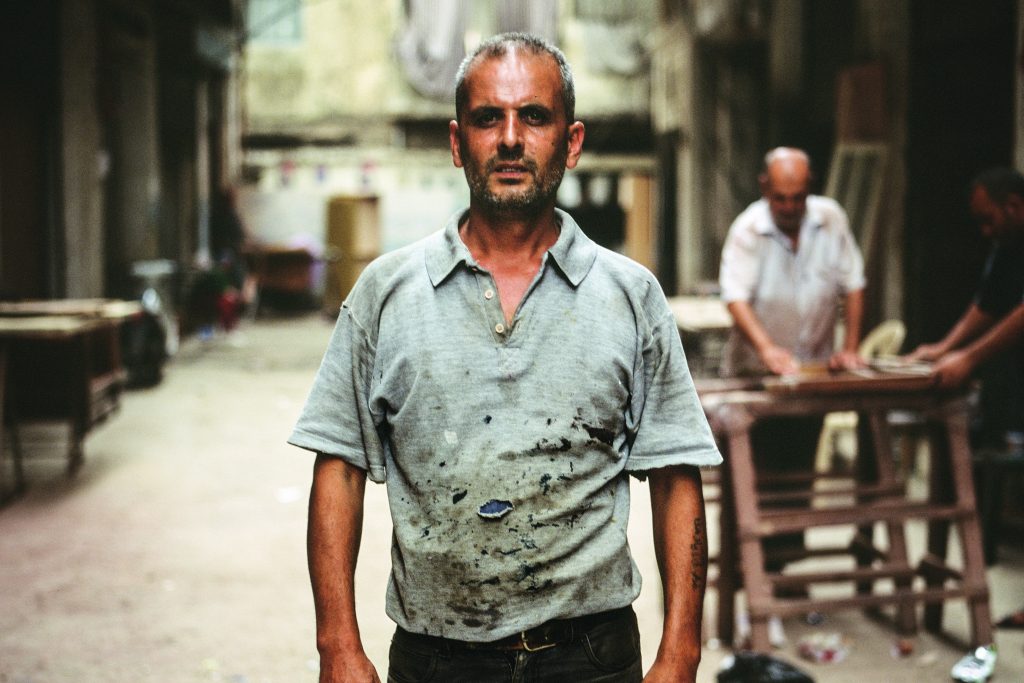
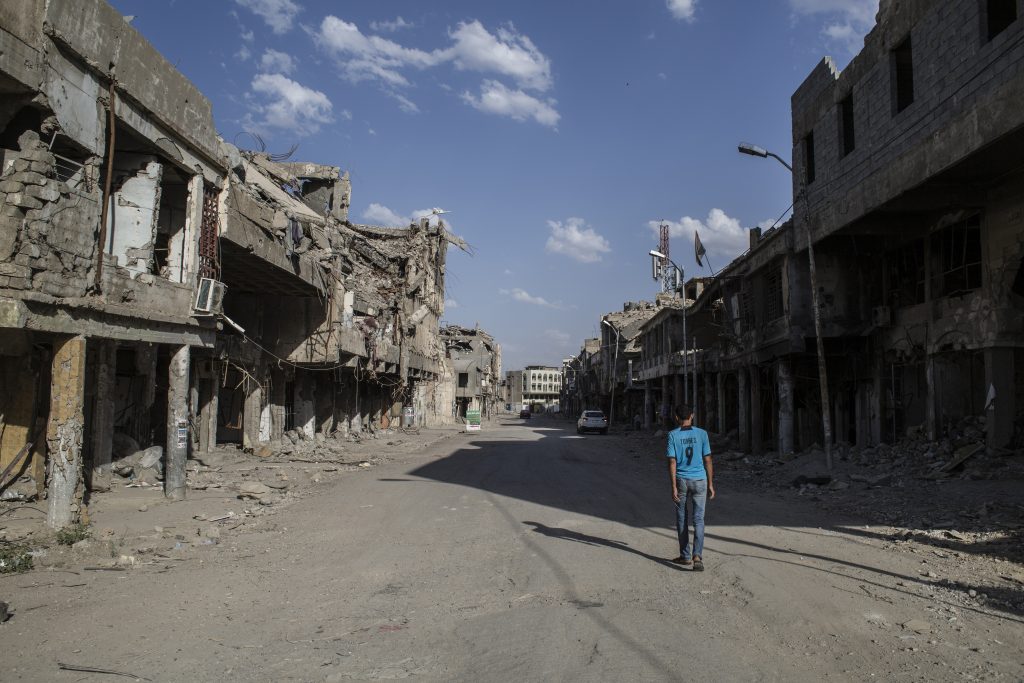






 Tech & Innovation
Tech & Innovation Climate Change
Climate Change Volunteers
Volunteers Health
Health Migration
Migration